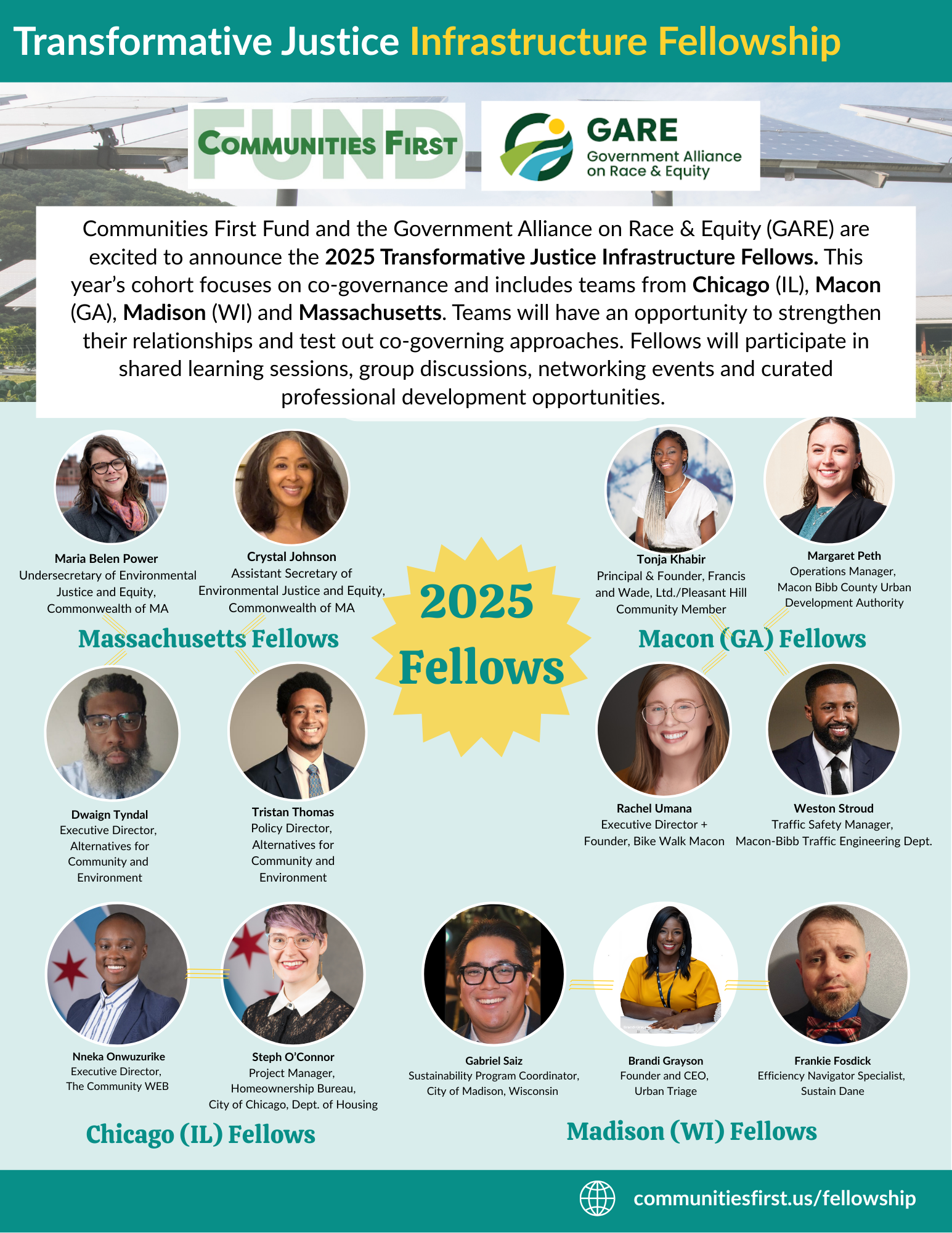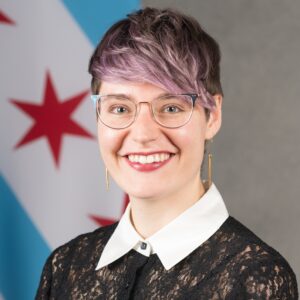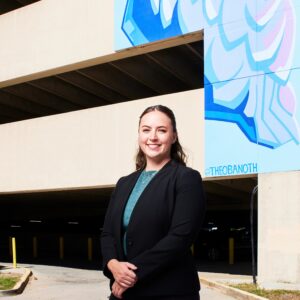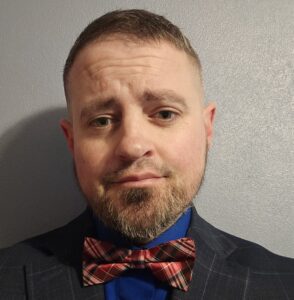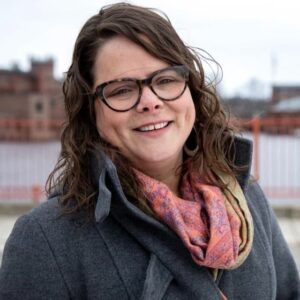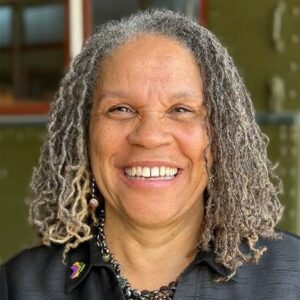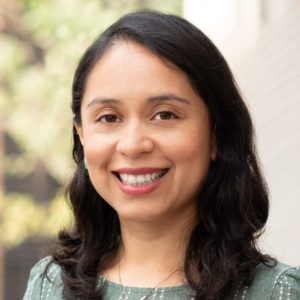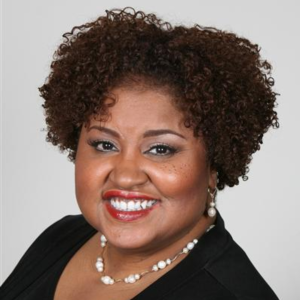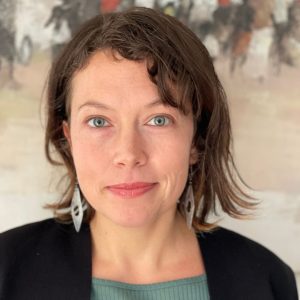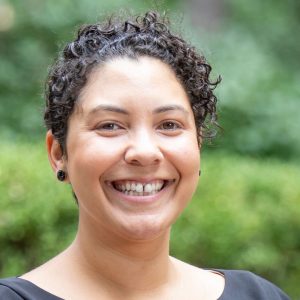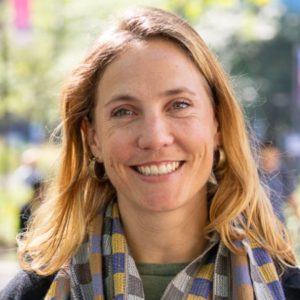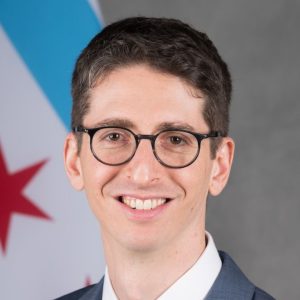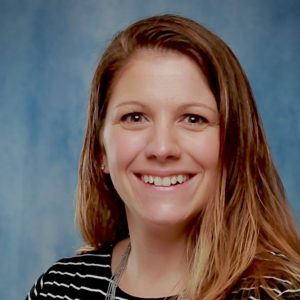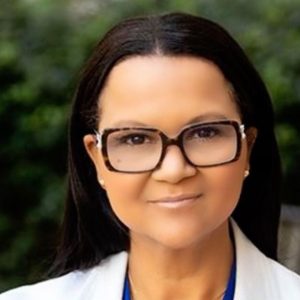The Transformative Justice Infrastructure Fellowship will support public sector leaders in the transportation, water, housing, planning, and environmental sectors. We believe that collectively, as public sector practitioners and racial equity organizations, that we have the opportunity to put communities first — to uplift the best community leaders and ideas — and give them the investment needed to turn possibility into reality.
We sought out government practitioners who were leading the way by actively working to advance racial equity and supporting the implementation of transformative infrastructure related projects, programs, and processes. Most are mid-career practitioners who are applying these approaches and proactively addressing historical and structural inequities in their work. They are strong in their own racial equity, justice, and liberation journeys, and are all working to incorporate a racial equity and power analysis into their daily work. Our democracy has systematically incentivized underinvestment and disinvestment in low-wealth and Black, Indigenous, People of Color communities, and we hope to help change this. The path towards healing and justice must start with building power across low-wealth and Black, Indigenous, People of Color communities first.
The fellows will work together to lift up what works, strengthen their own alignment around the equitable implementation of federal infrastructure dollars, and will be provided with holistic support to build capacity and support their ongoing leadership. Through the work of our organizations, we know that across the country, governmental jurisdictions are making a commitment to achieving racial equity, focusing on the power and influence of their own institutions, and working collaboratively in partnership with frontline communities.
The United States is currently experiencing a once-in-a-generation wave of infrastructure investment. A historic surge of federal funding — including the $1.2 trillion Infrastructure Investment and Jobs Act (IIJA), $437 billion from the climate portion of the Inflation Reduction Act (IRA), and $1.9 trillion funding from the American Rescue Plan Act (ARPA) stimulus package presents an enormous opportunity to embed community-led solutions, justice, and climate priorities in US infrastructure investments. To meet this moment, racial and climate justice advocates and practitioners from across the country are working to ensure the implementation of these funds center the needs and aspirations of communities and empowers them to direct funding to community-identified and led projects.
This Fellowship is specifically designed to enhance coordination for the equitable Implementation of IIJA and IRA program funds across government and community-based organizations and will provide opportunities to connect government practitioners to geographically relevant frontline community-led projects and organizations. We believe that local and regional government has the ability to implement policy change at multiple levels and across multiple sectors to drive larger systemic change.
A critical part of this generation’s work is to build new infrastructure — accessible transportation, clean energy, climate-resilient cities and towns, broadband access, and good jobs — that serve all of our communities. This Fellowship is just one of the ways our organizations are working to help guide government leaders at all levels in this undertaking, which includes the recently developed set of Infrastructure Standards, precipitated by the unprecedented influx of government funds via IIJA and IRA.
